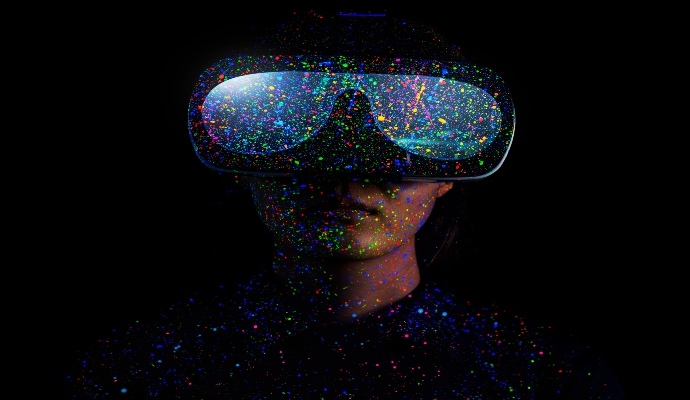
@ShahidNShah


Virtual Reality (VR) is a technology immersing users in computer-generated environments, offering promising prospects in healthcare. Initially used in education and entertainment, VR is now integrated into medical practice, addressing pain management, mental health, social isolation, and rehabilitation. Its roots trace back to the 1800s, but recent advancements have accelerated its adoption in healthcare. VR offers diverse applications, from pain reduction during hospital stays to immersive therapy for mental health conditions like PTSD and depression. Additionally, it aids in addressing social isolation and enhances physical therapy outcomes. With ongoing research and development, VR's role in healthcare is expanding, promising to revolutionize patient care and treatment outcomes.
Virtual Reality (VR) in healthcare offers immersive computer-generated environments for pain management, mental health treatment, social isolation, and physical therapy. Its roots date back to the 1800s, with recent advancements accelerating its adoption. VR aids in pain reduction during hospital stays, offers immersive therapy for conditions like PTSD and depression, addresses social isolation, and enhances physical therapy outcomes. Ongoing research promises to expand VR's role in healthcare, revolutionizing patient care and treatment outcomes.
Continue reading at mhealthintelligence.com
Recent research indicates that a text-based Cognitive Behavioral Therapy (CBT) intervention effectively addresses mental health symptoms, with timing playing a crucial role. Specifically, messages …
Connecting innovation decision makers to authoritative information, institutions, people and insights.
Medigy accurately delivers healthcare and technology information, news and insight from around the world.
Medigy surfaces the world's best crowdsourced health tech offerings with social interactions and peer reviews.
© 2025 Netspective Foundation, Inc. All Rights Reserved.
Built on Mar 28, 2025 at 1:45pm